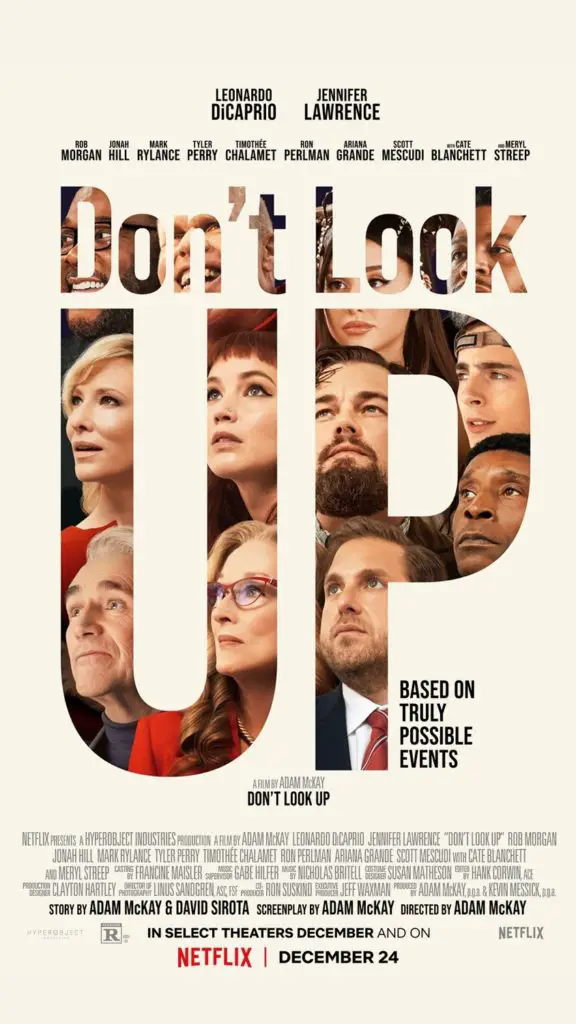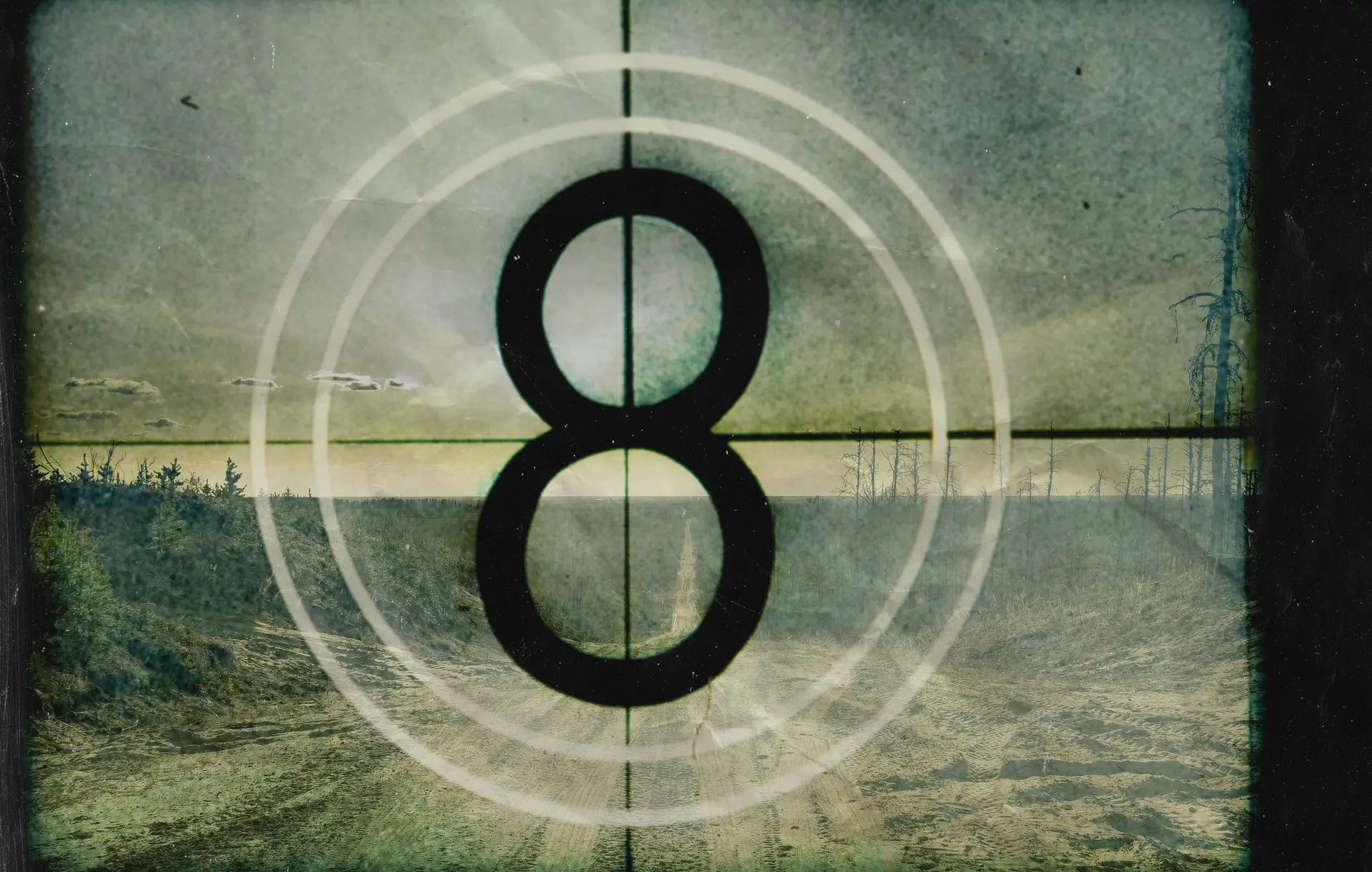Netflix’s latest film, Don’t Look Up (2021), which stars some of the biggest names in Hollywood has topped the charts as the 3rd most popular film of all time on the streaming service with over 263.3 million viewing hours. Although, this satirical film’s success cannot simply be attributed to its star-studded ensemble but more to our own fascination with apocalyptic and dystopic stories. While these kinds of stories will most likely never happen, there is some degree of truth and comfort to it that draws us in time and time again. This allure might actually have something to do with how we are psychologically wired and how our brains translate these emotions to help us empathize and cope with the unknown.

The Struggle for Survival
2020 ― the year that must not be named ― truly felt like the end of the world. What we initially thought was a seasonal flu that was passing through, quickly escalated into a deadly pandemic that made our worst nightmares come to life. Interestingly, psychologists have discovered that doomsday or zombie films/shows positively help those who watch them regularly cope better in uncontrollable and stressful situations such as the pandemic.
Psychologist Mathias Clasen at Aarhus University, who conducted a study, found out that fans of horror or catastrophic films are more resilient in real-life disasters because they have gotten a glimpse of the process and have been equipped with the tools or knowledge they need in order to survive such misfortune.
“Our ability to imaginatively inhabit virtual worlds ― worlds of our own making, as well as those conveyed by movies and books ― is a gift from natural selection; a bit of biological machinery that evolved because it gave our ancestors an edge in the struggle for survival. If you’ve watched a lot of what we call prepper movies, you will have vicariously lived through massive social upheavals, states of martial law, people responding in both prosocial and dangerously selfish ways to a sudden catastrophic event,” via The Guardian.
Our ability to empathize and connect with characters and situations in films has something to do with our mirror neurons
Steven Soderbergh’s 2011 thriller, Contagion, struck a different chord in the wake of the COVID-19 pandemic because it uncannily emulated the current global health crisis that has brought fear and uncertainty into our lives. There was a drastic spike in viewership as audiences were anxious to make sense of what was going around them through the eyes of the characters.
Psychologist Pamela Rutledge of the Media Psychology Research Center expressed that these films serve as a companion that enables us to feel that we are not on our own in this dilemma: “Whether it’s zombie movies or Contagion, any thriller ramps up a lot of anxiety and fear that then gets resolved by the end.”
Films of this nature provide a sense of control, certainty, and closure that give us the assurance that despite the circumstances, we will eventually survive and endure. It helps moderate the fear and negative emotions we have and replaces it with some hope for the future. In addition, it also provides the necessary knowledge and survival hacks that could save us in real-life situations.
Scientists have also discovered that our ability to empathize and connect with characters and situations in films has something to do with our mirror neurons. These neurons allow us to simulate the experience and intensity of emotions that are projected by the characters on screen, allowing us to understand different situations before they even happen in real life. “Simulating and empathizing with the behaviors in front of us is initially a surviving mechanism. It acts as a preparation exercise for similar experiences we might go through in the future.”
We might often think that films about zombies, dystopic societies, the end of the world, or mysterious scientific phenomena are just for laughs or even silly. In reality, these kinds of stories help us on a deeper psychological level that enables us to know better on how to survive, cope, and become more resilient in times of adversity.




